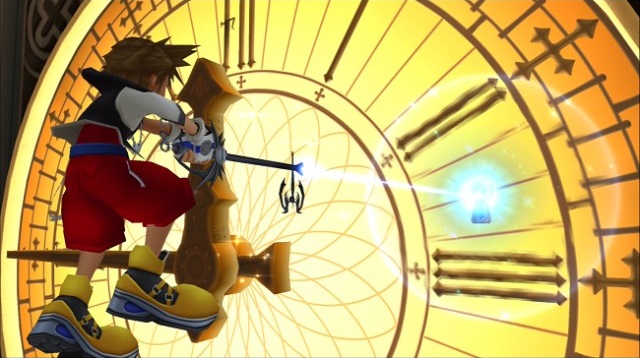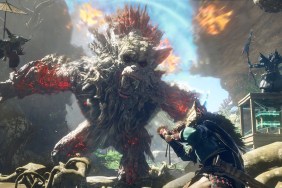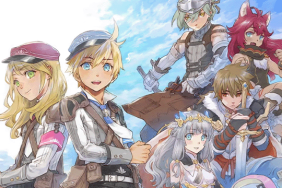You'd think with Kingdom Hearts getting a spiffy re-release, Riku would be way less sullen.
Kingdom Hearts 1.5 Remix is more like "Kingdom Hearts 1.65" if we're going to be honest about the content. It includes two games—Kingdom Hearts Final Mix (a Kingdom Hearts director's cut released in the US for the first time in this package), and Kingdom Hearts…
-
It's Kingdom Hearts!
-
Still has a bad camera
-
Has a huge chunk of the series lore
-
A third of the story is out of context
-
Re: Chain of Memories is a great game
-
Kingdom Hearts is too
-
...in spite of the platforming
-
Updated difficulty
-
New weapons/missions/etc.











